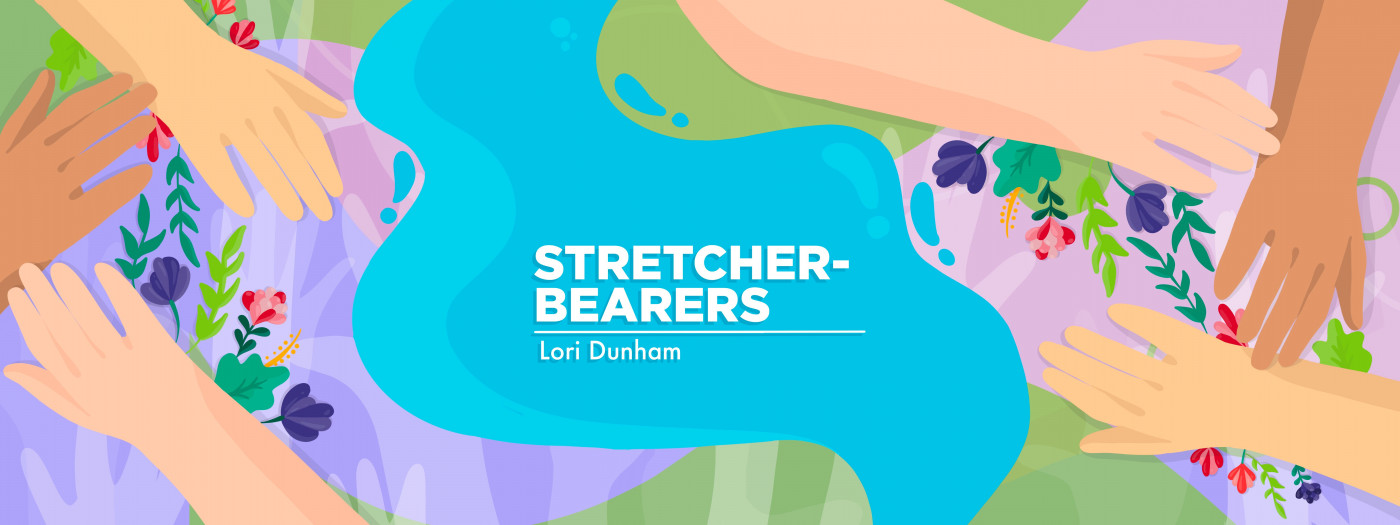Oh, for a place where everybody knows your name
A tight community has much to offer, especially when living with LEMS
Written by |

I grew up in a little town tucked away in northeastern Pennsylvania.
Every Wednesday and Sunday, my family members would wind our way down the mountain on a stretch of narrow roads. We’d head through the countryside to the majestic steepled church, with stained-glass windows and family surrounding us.
If it was a good day, we’d go to my grandmother’s for lunch. There we’d be welcomed by the smell of a slow-cooked pot roast, mashed potatoes, and warm apple pie. That table was always full of food, family, and friends.
I was home in these hills. Everywhere I went, people knew my name. I belonged, of this I was sure.
Over the years, I’ve longed for the days of my childhood, to live in a place that’s familiar, chock-full of those you love and those who love you.
Why we need community
While I embraced our military life as an adult, I found it tiring to be the new person all the time. Every three years I’d have to learn new roads, customs, and friendships. Our nomadic life as a military family was often lonely.
Yet I’ve never yearned for the support and security of my hometown quite as I did when our daughter was diagnosed with Lambert-Eaton myasthenic syndrome (LEMS). Those of us who live with or care for a loved one with a rare disease know the importance of having a solid support system.
Sadly enough, when the floor drops out from under us as the symptoms of LEMS emerge, many relationships fall to the wayside. Some friendships don’t weather the storms that come with LEMS. Such losses can leave us desperately lonely in our time of need.
It’s vital that we rekindle a firm foundation of community, especially in light of a LEMS diagnosis. Here’s why:
First, we need a sense of belonging. Community offers us space where we can be our authentic selves. We all wish for those around us to genuinely know and care about us. It’s a basic human need.
Second, we need to better our mental health. Community plays a pivotal role in fostering that pursuit. It provides encouragement, understanding, and shared experiences when we connect with others like us or those who are experiencing similar issues.
Finally, community can often give us a sense of purpose as we participate in something larger than ourselves. This purpose propels us forward to new goals and aspirations.
I may never live in my hometown again. But the richness I experienced there has given me a beautiful picture of the benefits of a well-established community. It’s what I seek, and often find, when moving to a new place.
Where do you find community? Please let me know in the comments below.
Note: Lambert-Eaton News is strictly a news and information website about the disease. It does not provide medical advice, diagnosis, or treatment. This content is not intended to be a substitute for professional medical advice, diagnosis, or treatment. Always seek the advice of your physician or other qualified health provider with any questions you may have regarding a medical condition. Never disregard professional medical advice or delay in seeking it because of something you have read on this website. The opinions expressed in this column are not those of Lambert-Eaton News or its parent company, Bionews, and are intended to spark discussion about issues pertaining to Lambert-Eaton myasthenic syndrome.






Leave a comment
Fill in the required fields to post. Your email address will not be published.